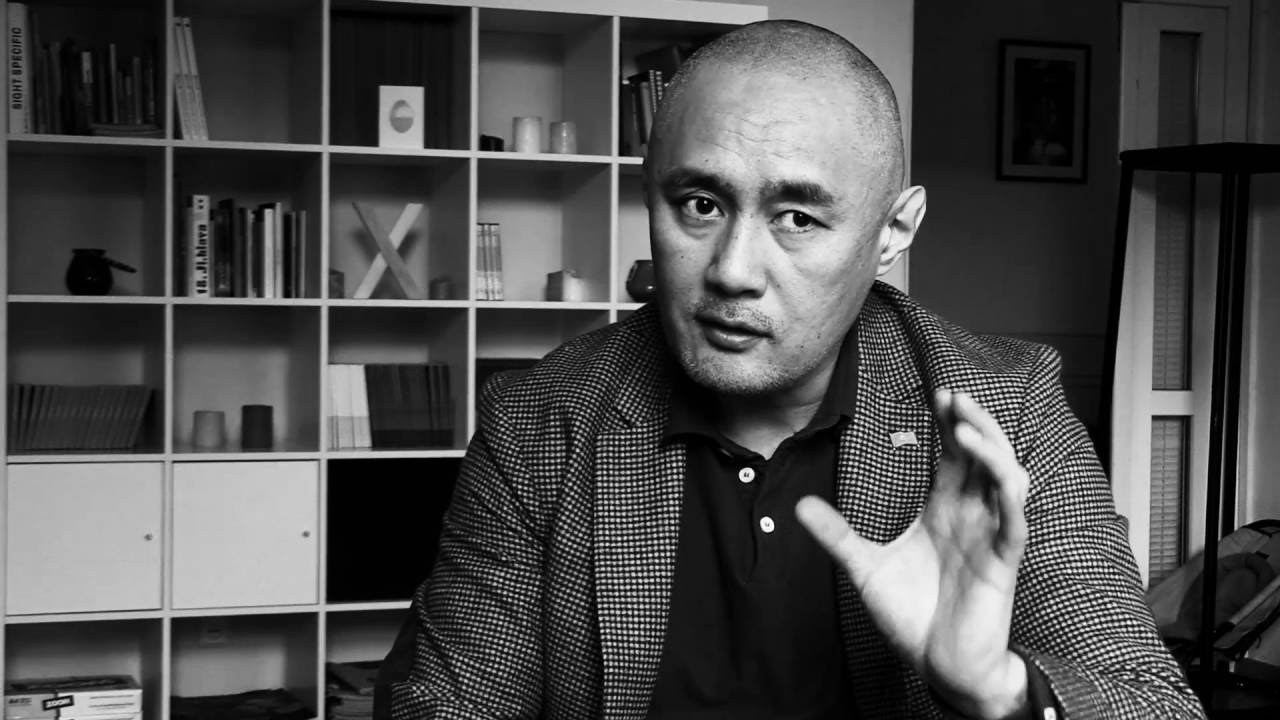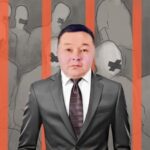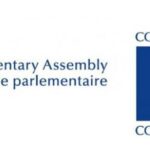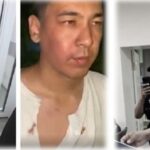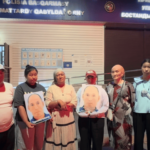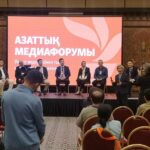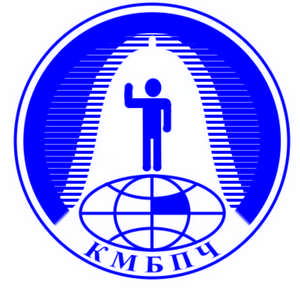Almost a year has passed since the murder of a Kazakh opposition journalist in Kiev, Ukraine. However, the investigation has made no progress and the Kazakh authorities refuse to co-operate with their Ukrainian counterparts.
Aidos Sadykov died in Kyiv on July 5, 2024, after nearly two weeks in a coma. He had been critically wounded by gunfire in broad daylight, outside his home, in a targeted attack that left little doubt about its motive: to silence a political opponent, a free journalist, a critical voice against the Kazakh government.
Since that day, mourning has been accompanied by an obsessive question: will justice be served? As of now, everything seems to indicate the opposite.
«The criminal case to investigate the audacious murder of journalist Aidos Sadykov now looks completely unpromising. The Ukrainian Prosecutor General’s Office received a reply from the Kazakh Prosecutor-General’s Office in which the latter refused to question the killers Altay Zhakanbayev and Meiram Karataev and to hand them suspicions. The prosecutors refused to carry out elementary investigative actions within the framework of legal assistance», Natalia Sadykova, the journalist’s wife, wrote today in Telegram channel «Base».
Ukraine, where Sadykov had been living in exile since 2014, opened a criminal investigation. Two Kazakh nationals have been identified as suspects: Altay Zhakanbayev, who was allegedly arrested on his return to Kazakhstan, and Meyram Karatayev, who remains at large. Ukrainian authorities officially requested the cooperation of the General Prosecutor’s Office of Kazakhstan within the framework of judicial assistance. The response received was strikingly terse: refusal to question the suspects, refusal to notify them of their status, refusal to undertake any judicial action.
This is not only a legal deadlock, but also a diplomatic setback. By rejecting Ukraine’s request, Kazakhstan appears to be calling into question the principles of judicial cooperation to which it has nonetheless committed. This refusal raises questions. What is being protected? Why obstruct the investigation of a partner in such a serious case?
The attitude of the Kazakh authorities does not stop at this refusal to cooperate. Altay Zhakanbayev, one of the two men involved in the attack, was released by a local court under a simple commitment not to leave the country. Meyram Karatayev, for his part, is not the subject of any search, neither at the national nor international level.
Another name appears in this case: Gadji Gadzhiev, Vice President of the Kazakh National Olympic Committee. According to sources close to the case, a request for his questioning has also been submitted to Kazakhstan. At this stage, he is suspected of possibly having participated in financing the operation. No response has been given.
One is entitled to wonder: are the facts being treated with the seriousness they deserve? The assassination of a journalist on the territory of a third country, with identified suspects and official judicial requests underway—does it truly warrant such inertia.
The assassination of Aidos Sadykov goes beyond the scope of an ordinary criminal case. It raises fundamental issues: the protection of political refugees, freedom of expression, and the ability of states to uphold international law—even when it involves their own nationals.
Sadykov and his wife, Natalia, had become prominent figures of the Kazakh exile community in Ukraine. Their YouTube channel “Base”, followed by hundreds of thousands of subscribers, regularly denounced corruption and abuses of power in Astana. They had fled their country after repeated persecution: controversial court convictions, pressure, threats.
Their settlement in Ukraine, as officially recognized political refugees, should have guaranteed their safety. The attack on June 18 tragically shows that this was not enough
No one expected Kazakhstan to hand over its secret agents or expose its highest officials. But the outright refusal of any cooperation, even minimal, now places this case in a gray area. A zone where impunity takes precedence over truth. Where the absence of an answer becomes an answer in itself.
But as long as this case remains open, as long as silence has not covered everything, one demand remains: do not look away and continue to demand justice


